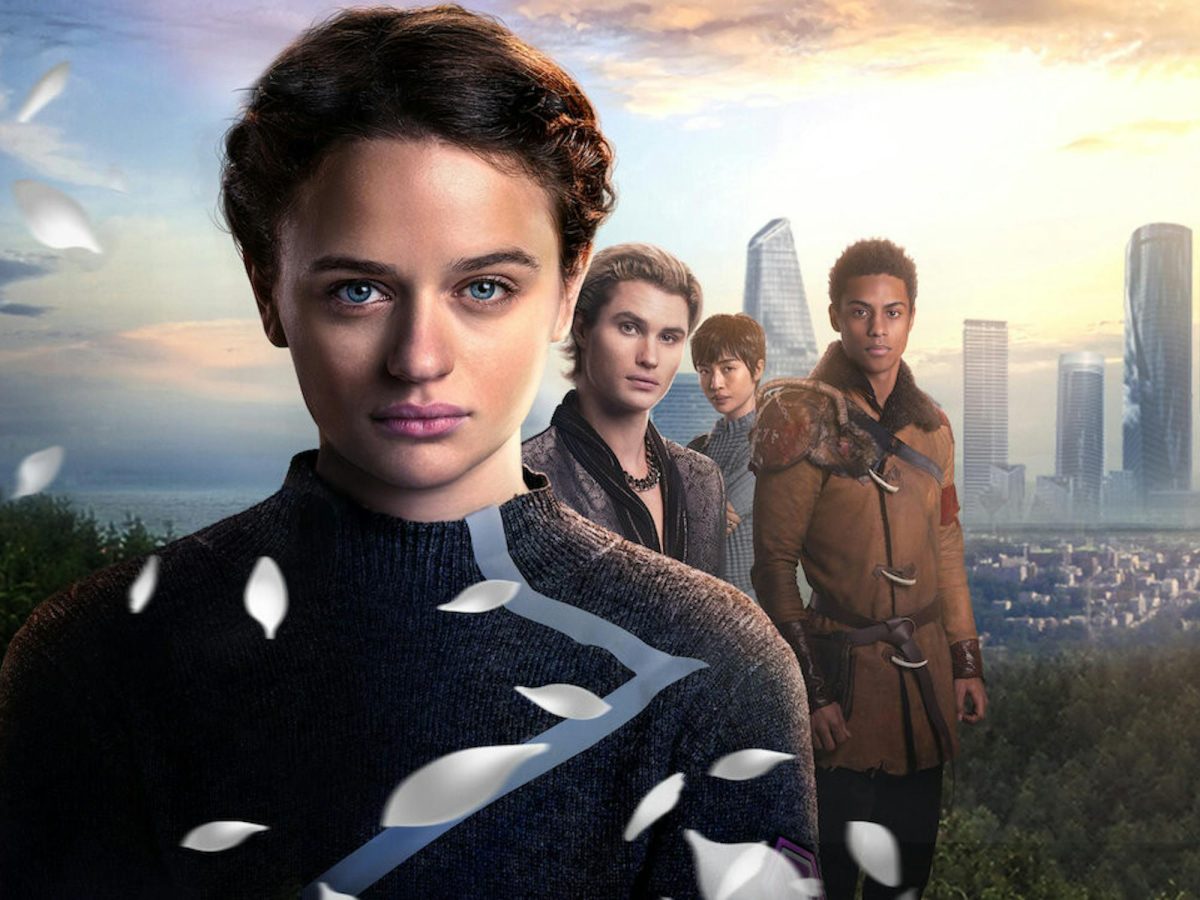Dystopian novels dominated the pop culture landscape for teenagers in the 2000s. Teen girls were captivated by Katniss Everdeen, and series like the “Hunger Games,” “Divergent” and “Maze Runner” spawned film franchises with varying degrees of success. The appeal of dystopias for young adults is largely the recognition of their frustration, and young adult dystopian novels generally escalate the lack of agency and unfair restrictions most teenagers feel are imposed upon them.
A new Netflix movie, “Uglies,” adapted from the 2005 book of the same title, has all the components necessary to bring about a similar catharsis, such as a futuristic world, an angsty female protagonist and a contrived love triangle. However, the movie makes a critical mistake: underestimating its audience.
In the world of “Uglies,” doctors have developed a surgery that makes everyone conventionally attractive, turning them into “Pretties.” Supposedly, this has erased conflict and division because there is no longer cause for discrimination. However, those who are younger than 16 have to live in a compound, completely isolated from the rest of society as they wait to become old enough to receive the surgery. They are called Uglies.
When Tally (Joey King) is sent on a mission to rescue a friend who ran away on the date of her surgery and joined a rebel group, she inevitably uncovers the corrupt underbelly of the world of the Pretties.
“Uglies” is fundamentally lacking in complexity. It completely ignores issues of gender, race and sexuality, thus failing to address the inevitability that conventional attractiveness demands that you be white, cisgender and evidently straight, and how that would affect the dynamics of this world. Not only that, but the set up is the most contrived, simplistic, uncreative gimmick imaginable.
No new form of suffering is illuminated, nor is any intricate allegorical work done. The movie spoon-feeds its audience the message that sometimes people who are more attractive are privileged and then pivots to creating a dichotomy between intelligence and beauty, condemning the latter. This contrived plot might also be slightly more believable if those deemed ugly weren’t rom-com stars without their makeup on.
In a genre created to justify the resentment of its teenage audience, those who already imagine themselves talked down to and suffering under arbitrary power structures, “Uglies” condescends to that audience. It is not a winning strategy. Viewers will find this movie inherently unsophisticated, unrelatable and therefore, impossible to enjoy.






















































